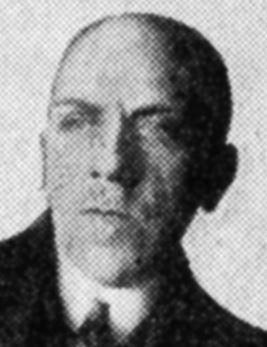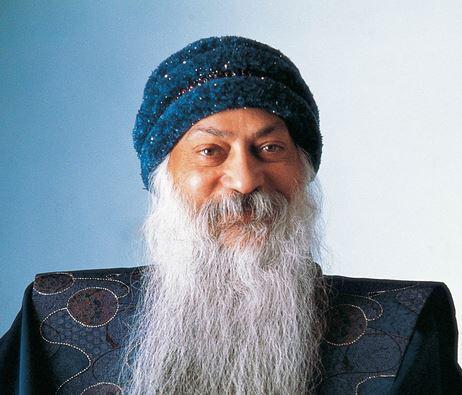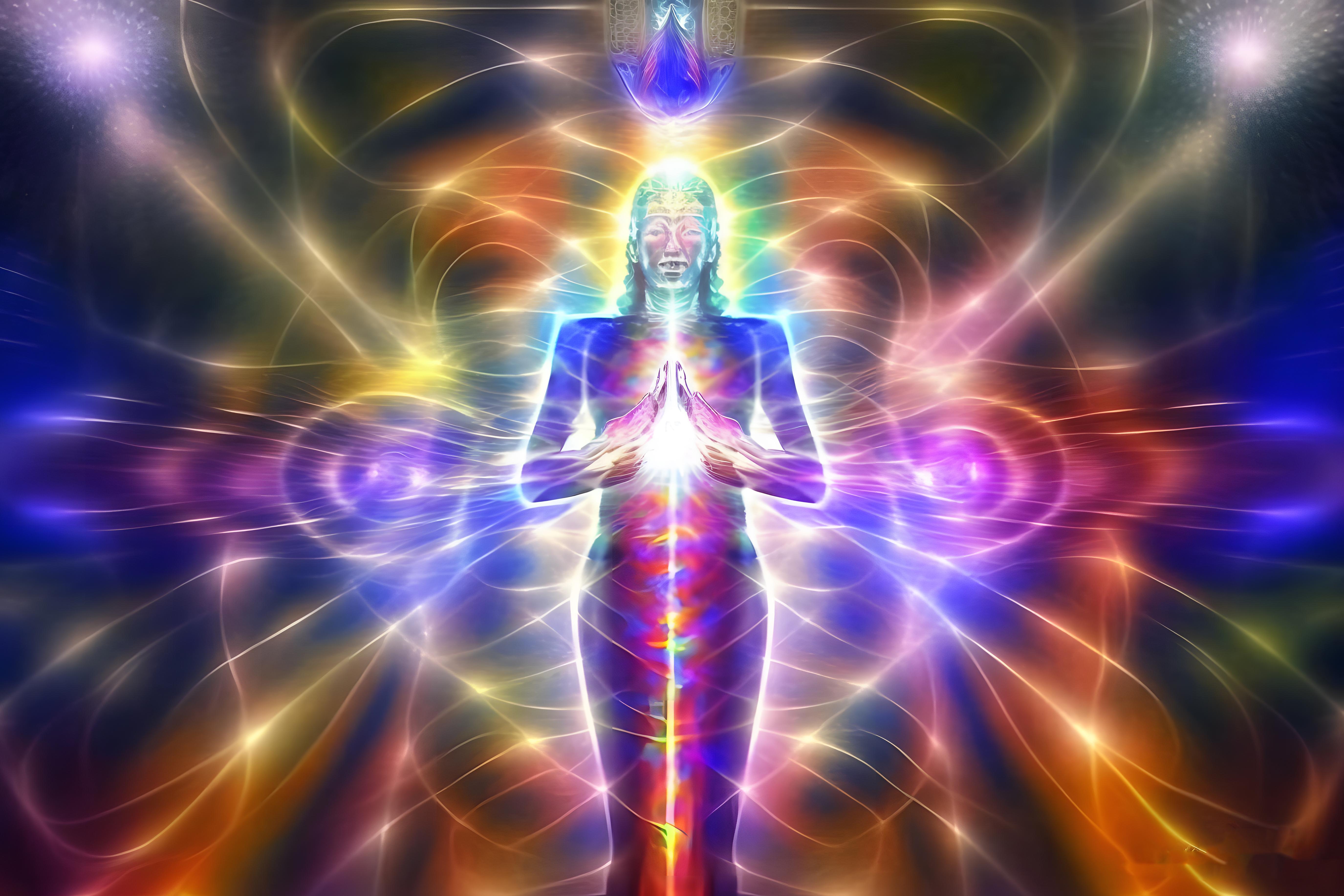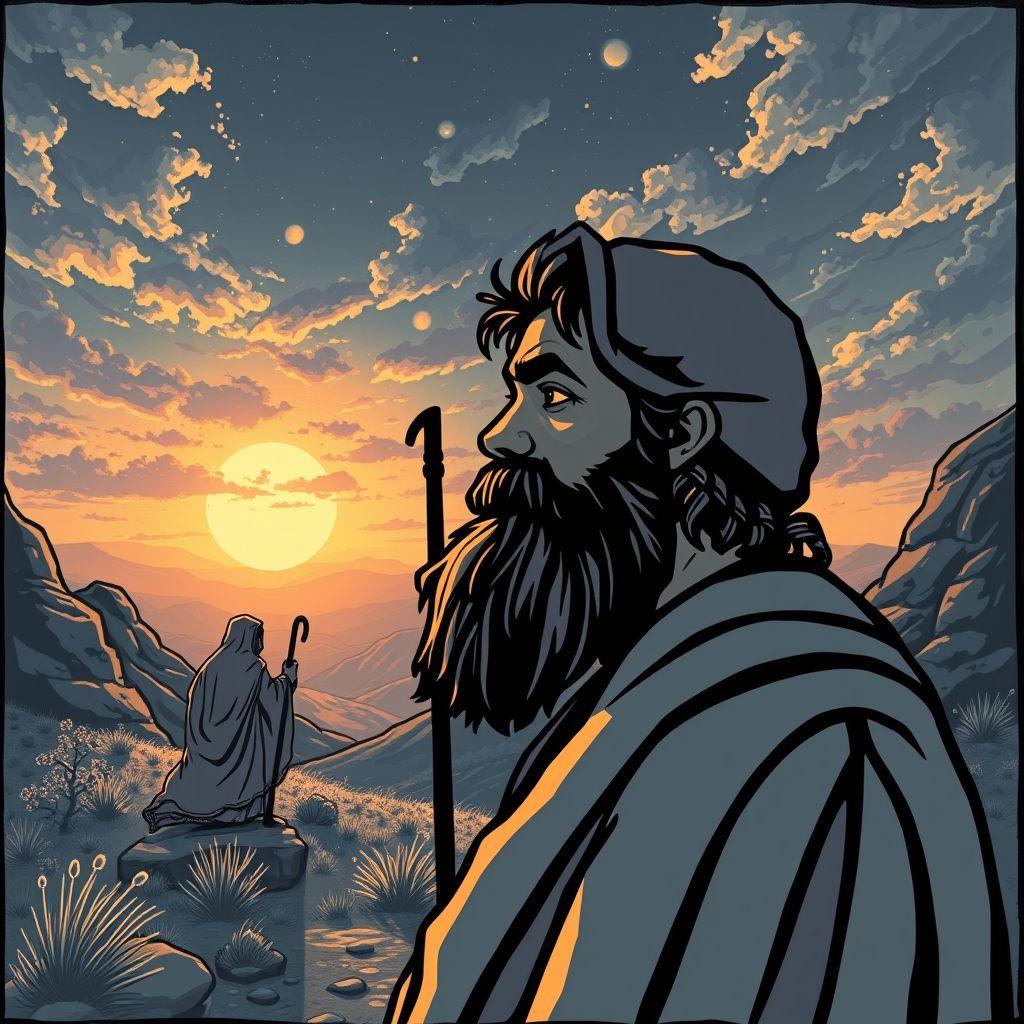Peryt Shou

Real Name: Albert Christian Georg Schultz (1873–1953)
Definition:
Peryt Shou was a German mystic, occultist, and esoteric author active in the late 19th and early 20th centuries. He developed a unique blend of Christian mysticism, gnostic thought, astrology, and light metaphysics, centered on the evolution of humanity into a "light-being" and the spiritual return of Christ. His teachings reflect a deeply symbolic, visionary worldview, drawing from both Western esotericism and apocalyptic thought.
Core Beliefs and Teachings:
-
"Light Religion" (Lichtreligion): A cosmic spirituality focused on the inner transformation of the human being into a being of light
-
Christ as Light-Being: Not the historical figure, but a cosmic, mystical force awakening in the soul
-
Astro-mysticism: Belief in cosmic cycles, spiritual evolution, and the influence of celestial forces on the human path
-
Esoteric Gnosticism: Mankind is called to remember its divine origin and overcome material illusion (akin to gnosis)
-
Transformation through inner fire: The inner “solar man” or “light man” is to be awakened through spiritual discipline and higher knowledge
Key Concepts:
-
Humanity is in a fallen state but can rise again through spiritual fire
-
The sun, stars, fire, and cosmic light are sacred symbols of transformation
-
History unfolds in cycles, moving toward an apocalyptic renewal of light
-
The return of Christ is not a historical event, but a mystical process within the soul
Notable Works (selection):
-
Die Gnosis des Lichtmenschen ("The Gnosis of the Light-Man")
-
Das Licht vom Thule ("The Light from Thule")
-
Christus – der Lichtmensch ("Christ – The Light-Man")
-
Various unpublished manuscripts and symbol-heavy writings on astrology and metaphysics
Influences and Style:
-
Influenced by theosophy, Christian mysticism, German idealism, and partly Rosicrucian symbolism
-
Unlike Rudolf Steiner or Blavatsky, his writings are highly obscure, symbolic, and often poetic or visionary
-
Frequently references ancient myths, Christian apocalypse, solar symbols, and alchemical ideas
Reception and Legacy:
-
Not widely known in his time but later rediscovered by German esoteric circles in the late 20th century
-
Seen as a visionary outsider, whose complex worldview was hard to categorize
-
Partially adopted by right-leaning esoteric movements, although his original teachings were more spiritual than political
Critical View:
-
His writings are dense, allegorical, and metaphysical, making them difficult to access without esoteric background
-
Critics argue his concepts can be easily misinterpreted or co-opted
-
Nevertheless, Peryt Shou remains a unique figure in German esoteric thought, notable for his attempt to formulate a cosmic Christianity beyond orthodoxy
Links:




